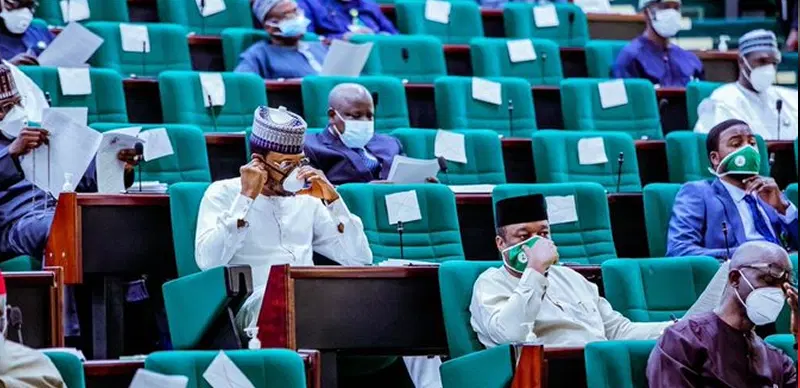The Federal Government of Nigeria, through the Ministry of Agriculture and Food Security, has successfully secured over $600 million in foreign agricultural loans in 2024.
This funding aims to enhance food security, and boost agricultural production.
According to information from the ministry’s website, the government obtained a $134m loan facility from the African Development Bank to enhance seed and grain production nationwide.
“The Federal Government has secured a loan facility of $134m from the African Development Bank to help farmers boost seeds and grain production in the country,” the statement read.
Additionally, the Federal Government, through the Rural Access and Agricultural Marketing Project, secured a $500 million loan from the World Bank. This brings the total funding to $634 million, aimed at improving rural infrastructure, enhancing agricultural marketing.
The initiative aims to bridge the gap between rural communities and larger markets by improving access to agricultural hubs, schools, and hospitals, while promoting social and economic development in rural areas.
The Minister of State for Agriculture and Food Security, Aliyu Abdullahi, outlined the conditions states must fulfill to access RAAMP funds, which include establishing functional Roads Funds and Roads Agencies.
RAAMP National Coordinator, Aminu Mohammed, emphasized the project’s focus on enhancing rural infrastructure to improve connectivity and support agricultural development.
“The primary objective of RAAMP is to improve rural roads and trading infrastructure to boost food production,” Mohammed said.
The project, currently active in 19 states, will allocate funds competitively based on socioeconomic indicators, implementation readiness, and states’ co-financing commitments.
Additionally, the initiative aims to enhance women’s representation in the transport sector through the establishment of Rural Access Road Authorities.
The next phase of RAAMP will feature a $500 million investment from the World Bank, complemented by $100 million in counterpart funding from federal and state governments.
However, despite the Federal Government’s efforts to promote agriculture through mechanization, irrigation facilities, and funding, farmers across Nigeria have criticized these interventions as selective and poorly implemented.
Many critics argue that these initiatives mainly benefit well-connected individuals, leaving out smallholder farmers, who are the backbone of Nigeria’s agricultural sector.










